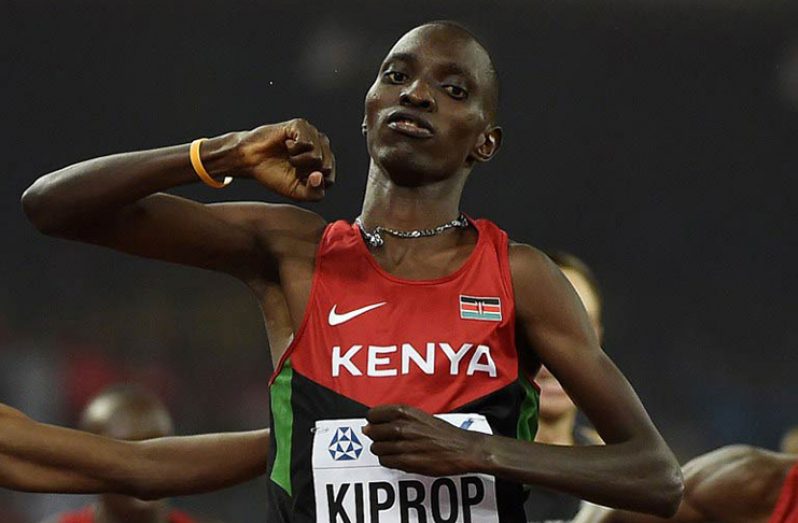By Isaack Omulo
NAIROBI (Reuters) – Doping is a global menace and there should be no discrimination in the tough new anti-doping rules announced by the sport’s governing IAAF at its council meeting in Buenos Aires last week, a senior Kenyan athletics official said on Monday.
Under the rules approved by the International Association of Athletics Federations, Kenyan athletes will be among those required to have at least three out-of-competition doping tests in the 10 months before a world championships or Olympics.
“The rigorous dope testing Kenyan athletes will be subjected to is a necessary evil to safeguard the interest of the majority of those who overwhelmingly run clean,” Barnaba Korir, a member of Athletics Kenya’s (AK) Executive Committee, told Reuters.
“It’s however our belief this is done with the assurance that doping is a global menace and has to be fought as such without discrimination. AK will cooperate fully to fulfil its objectives and help reduce and eventually eliminate this vice.”
Up to 50 Kenyan athletes have failed dope tests in the past six years, among them 2016 Rio Olympics marathon champion Jemima Sumgong and former Olympic and three-time world 1,500m champion Asbel Kiprop, who has repeatedly denied any wrongdoing.
Kiprop’s case is with the Athletics Integrity Unit (AIU), an independent body that manages all doping-related matters, which is due to hold a hearing in London next month.
Under the new anti-doping rules announced on Friday, the IAAF has divided its member federations into three categories which will have different obligations based on their success in athletics and the perceived risk of doping.
Kenya is in Category A along with eastern African rivals Ethiopia, Belarus and Ukraine, who were described by the IAAF as “member federations majorly at risk of doping.”
Previously, obligations under the anti-doping code were focused mainly on individuals rather than member federations.
The AIU recommended the new regulations to the IAAF as a crucial step in protecting the integrity of the sport.
The power to categorise members into one of the three groups will rest with the AIU board and the new rules will come into effect from 2019, a year before the Tokyo Olympics.
The AIU replaced the IAAF’s anti-doping department in April last year and handles aspects including testing, intelligence and investigations related to misconduct within the sport.



.jpg)








